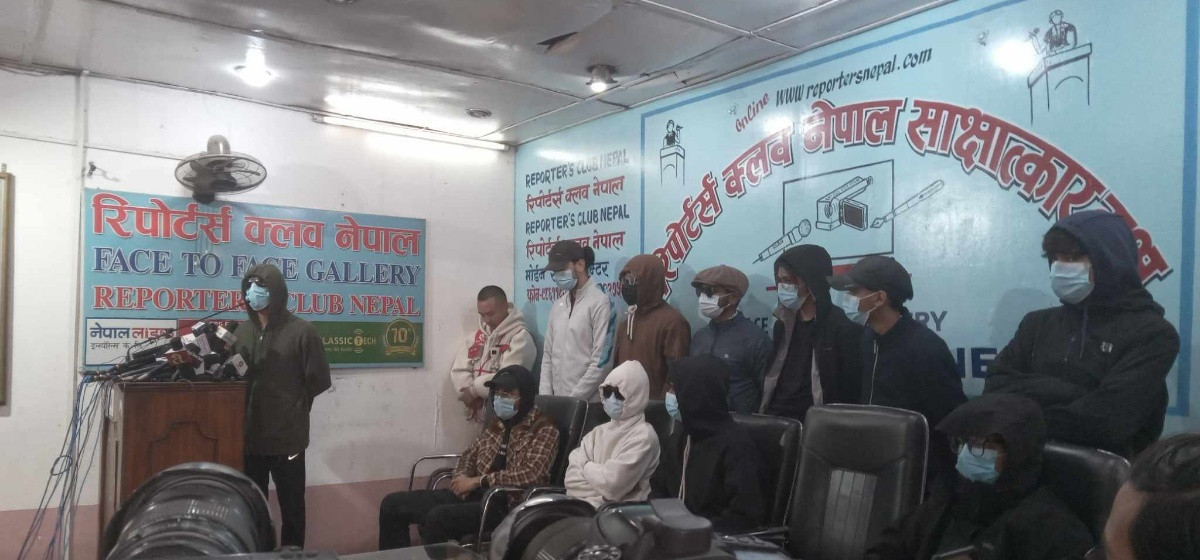KATHMANDU, Jan 3: The Ministry of Health and Population (MoHP) has issued a warning urging the public to remain cautious as the risk associated with the JN.1, a sub-variant of the Covid-19 virus, increases.
The infection rate of the JN.1 sub-variant of Covid-19 is on the rise globally, with confirmed cases in neighboring countries India and China. While not yet confirmed in Nepal, there is a potential risk of the infection spreading. In response, the health ministry has advised adhering to public health standards in crowded places, using masks, maintaining physical distance, and emphasizing hand hygiene.
Cases of infection of Covid-19 are seen sporadically in the border areas. “Recently, the new sub-variant of Omicron, JN.1, which has been confirmed in neighboring countries, has not been confirmed in Nepal through gene sequencing technology,” said the spokesperson for the MoHP, Dr Prakash Budhathoki. However, he said that necessary monitoring and coordination with related countries is underway.
Delta Plus variant of COVID-19 detected in Nuwakot

In view of the increasing infection of the sub-variant of Covid-19 virus, the MoHP said that all help desks at the entry point, health institutions providing health services, and all stakeholders are being screened and monitored, and they are also making preparations for Covid-19 infection management.
The MoHP has urged the people to follow public health standards, use masks, maintain physical distance and pay special attention to hand hygiene in crowded places like banquets and parties.
It is natural for the virus to mutate. After mutation, a new form of the virus develops, which is considered to be the origin of the new variant.
Experts say that the new variant of Covid-19, JN-1, will spread rapidly and in a short period of time when the gene 'spike protein' is changed. But since it is a sub-variant of Omicron, it is believed to be less fatal than the Delta variant.









































